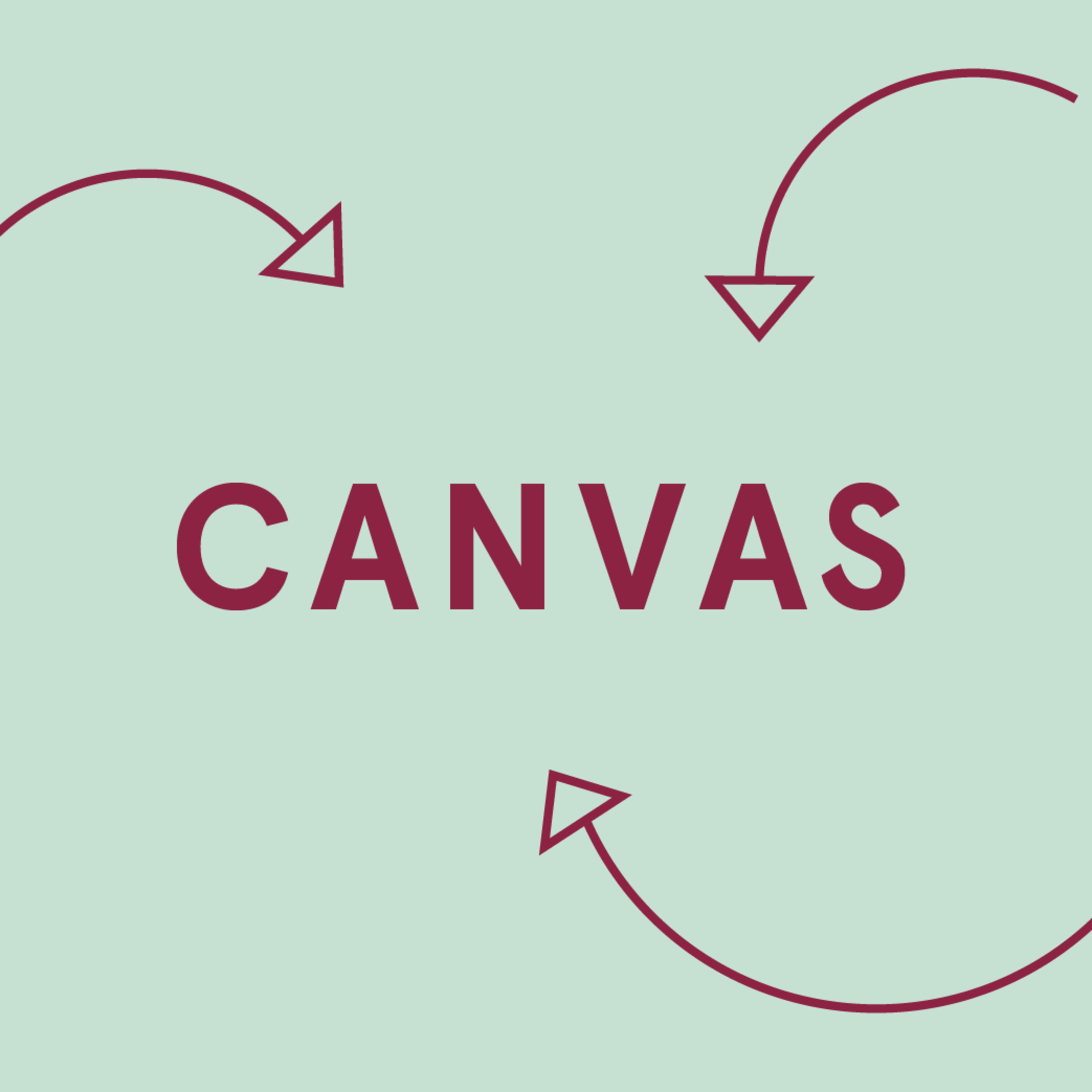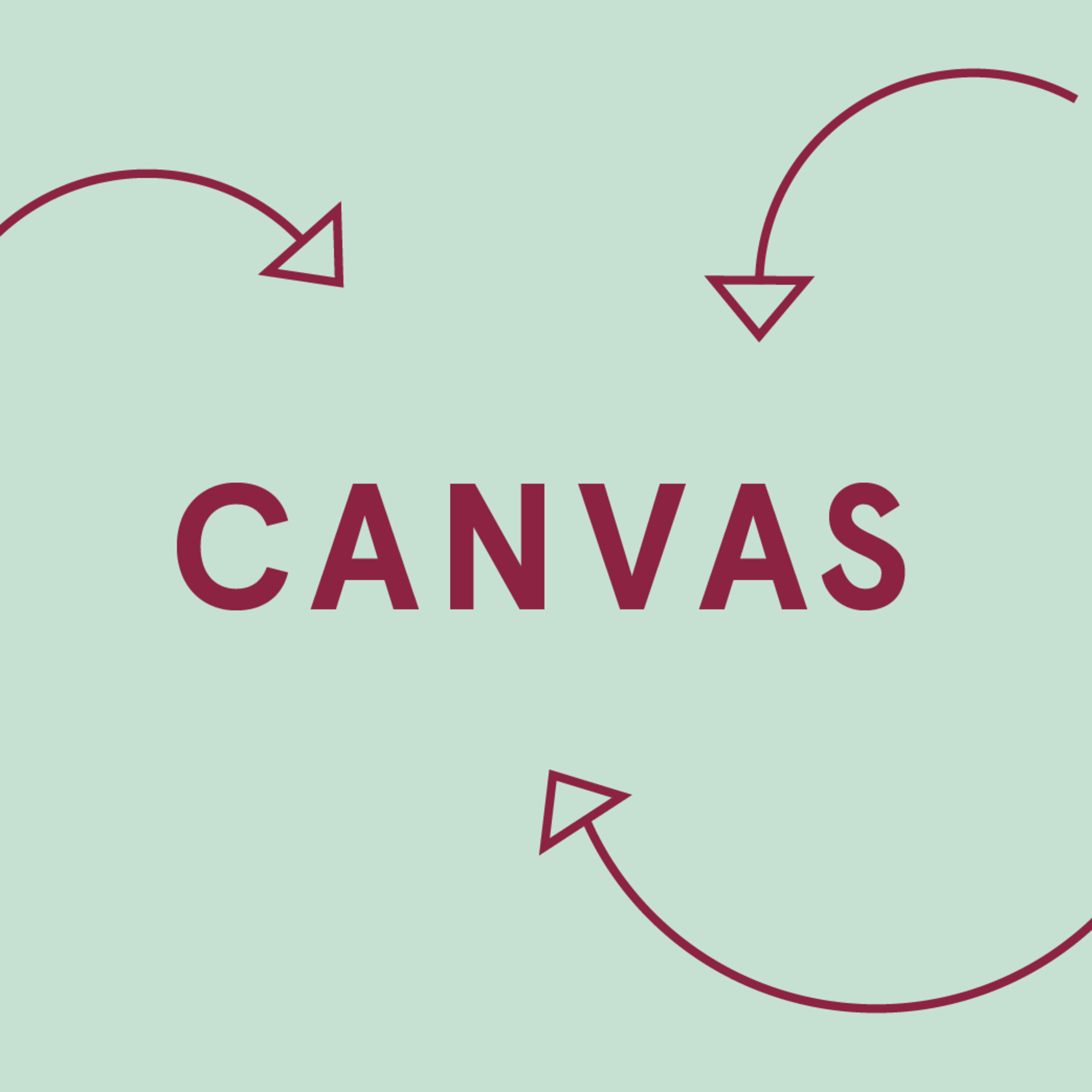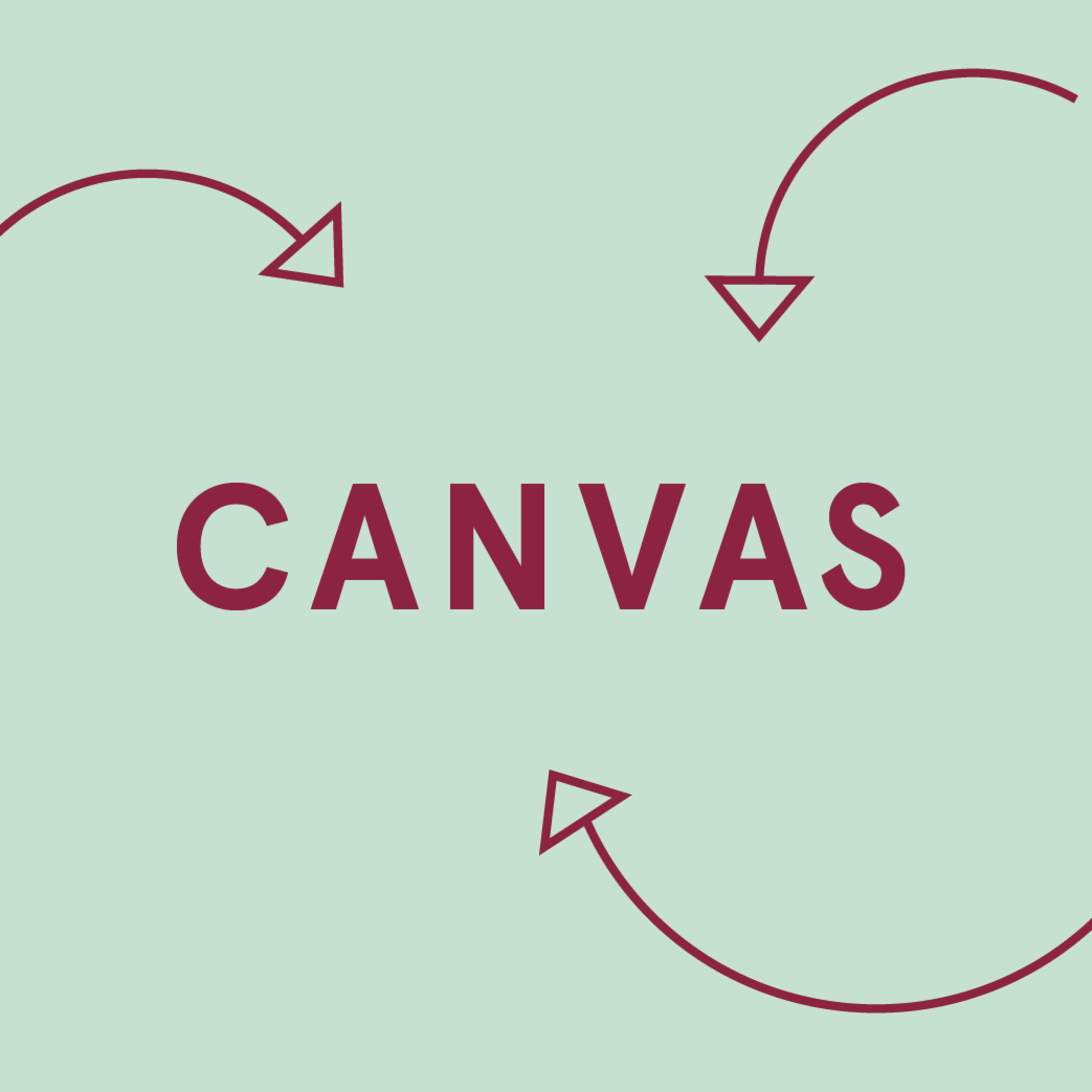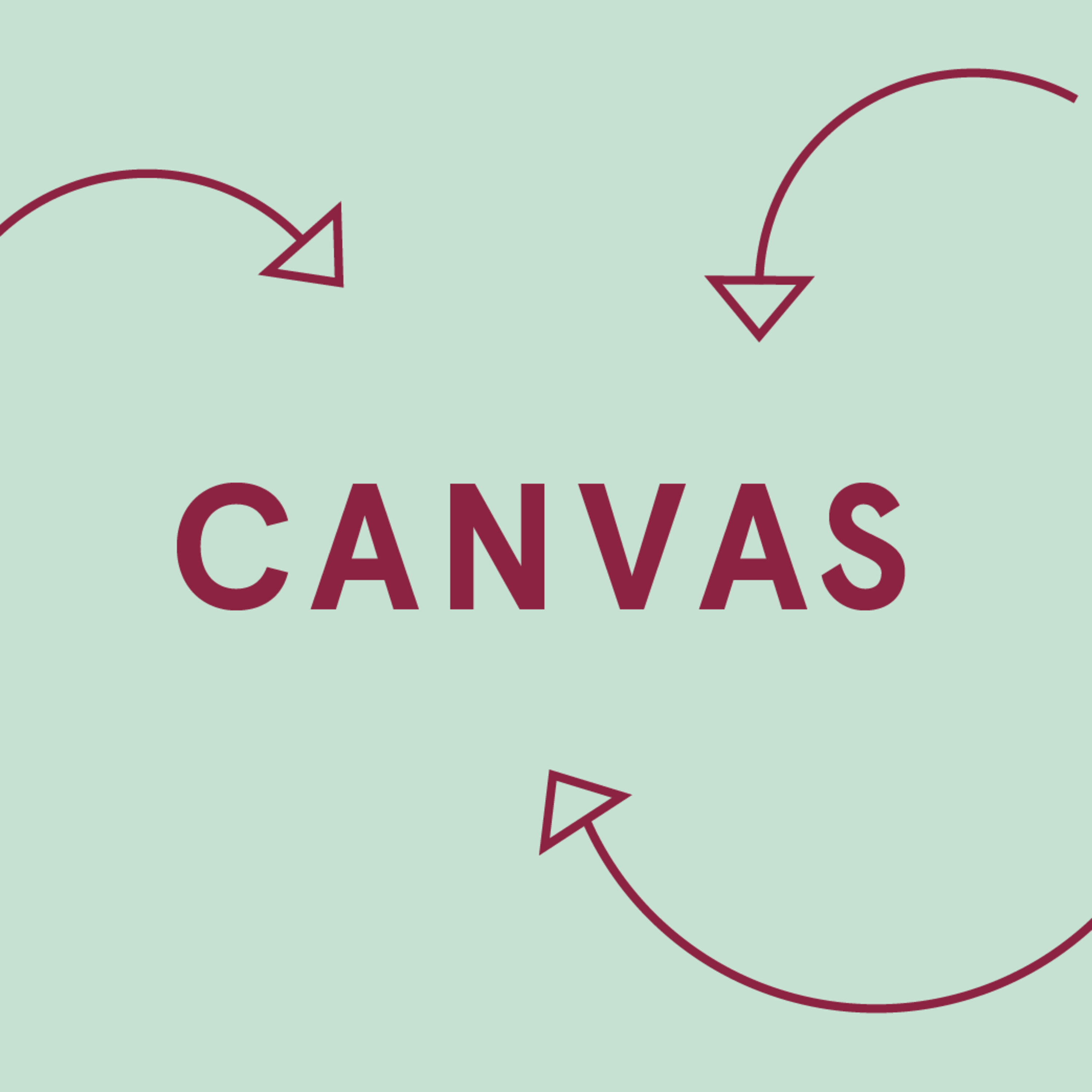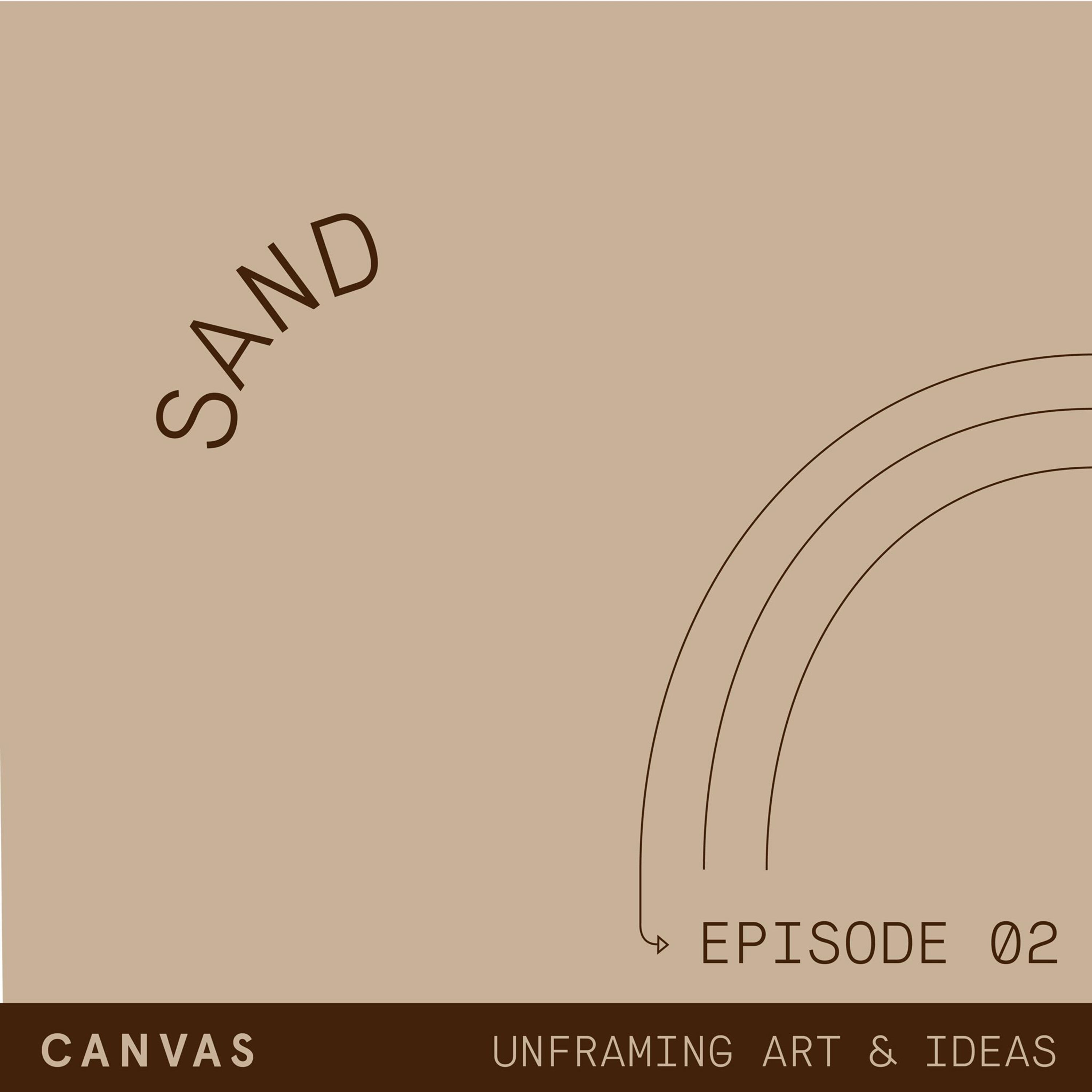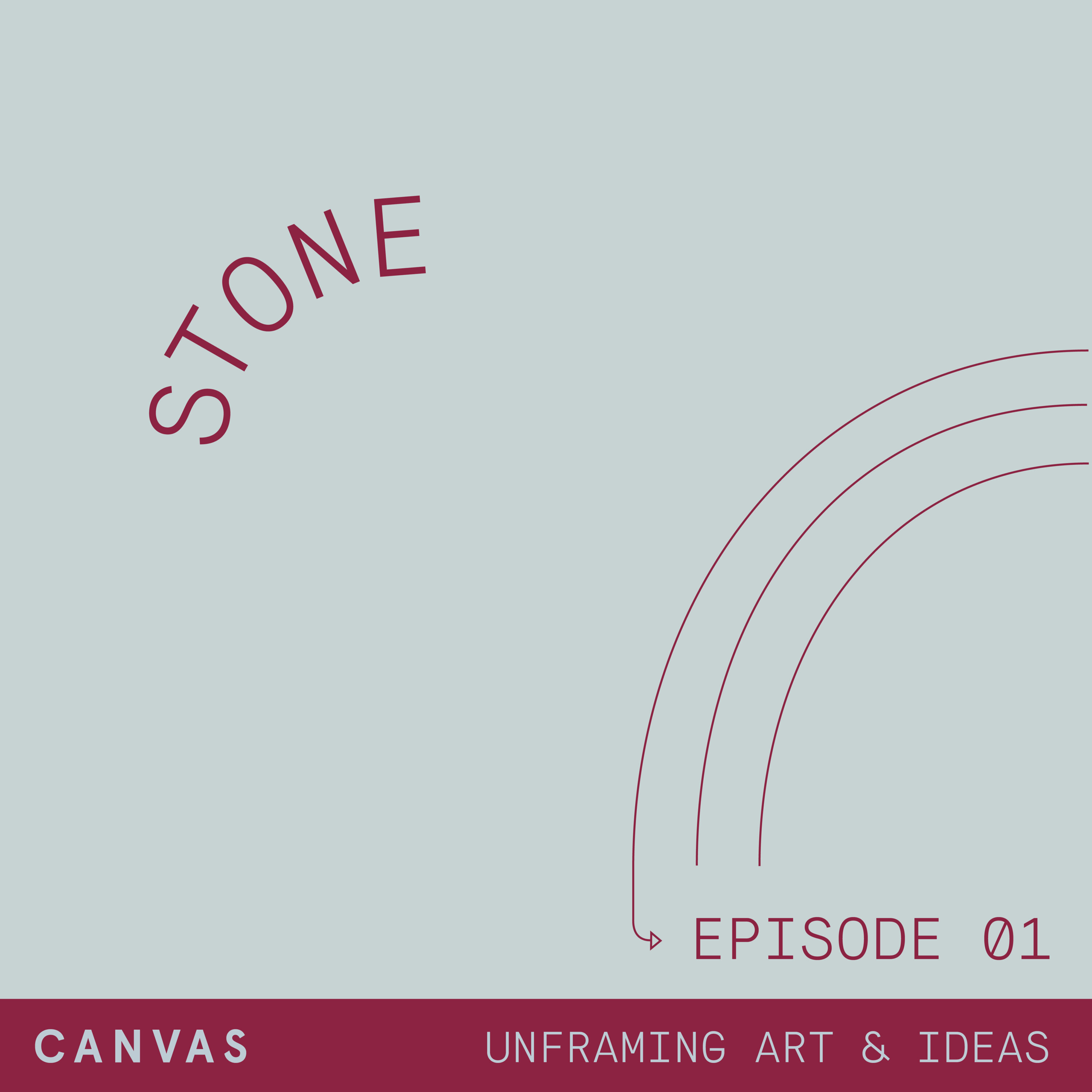Discover Canvas: Unframing Art & Ideas
Canvas: Unframing Art & Ideas

Canvas: Unframing Art & Ideas
Author: FBi Radio
Subscribed: 110Played: 389Subscribe
Share
© 2026 FBi Radio
Description
CANVAS: Unframing Art & Ideas is a living archive, a quiet conversation, a collision of ideas, a podcast to hear, engage and be enveloped by art. Tune in to thematic episodes bringing together artists, writers and thinkers.
CANVAS: Unframing Art & Ideas is produced by a team of artists, producers and curators made up of; Host Ayeesha Ash, Researcher Eleanor Zurowski, Audio Editor and Producer Kanika Kirpalani and Executive Producers Isabella Sanasi and Emerald Dun Frost.
42 Episodes
Reverse
This episode is Taps, the last of three episodes in our Freshwater cluster. A tap is a link. It represents access, or lack thereof. It appears benign, until the water stops running. For many, our relationship to water is mediated through taps. Urban planning and colonial intervention has made the tap a tool of control. ‘Managing’ water and monetizing it. Taps bring water to us. Our lives and routines rely on taps being ‘on’. But what happens when they’re not? Taps features an in-depth discussion with Joseph Griffiths who speaks to his work Fountains for Moonee Ponds Creek (2017-18), in which he reimagined the creek’s heavily engineered form as a sculptural artefact. See omnystudio.com/listener for privacy information.
Pools have many states. We flock to them for play and restoration when they’re full. When they’re empty or stagnant, they’re often neglected. We use pools to give birth, to cleanse ourselves and to relax. We dam to support agriculture and to redirect water to cities. When brimming and clean pools are sites of relief. The opposite when poisoned or depleted. Access to pools has instigated social movements, and changed the course of history. They are sites where we gather. ‘Pools’ is the grounding theme of this episode. CANVAS speaks to artist Kieran Bryant, and collaborators Oonagh Slater & Megan Payne on their relationship to water and how they have represented it in their work. See omnystudio.com/listener for privacy information.
Like our veins, rivers course through land nourishing life. Essential and yet, depleted, these passageways carry the histories of care and sovereignty; displacement and degradation; resistance and survival. Despite interruptions; damming and pollution; rivers are underestimated; stronger and more determined than shallow colonial engineering. We are born of the water rivers carry, we are sustained by it and it cleanses us. They are sites of devotion and exploitation, of new life and loss, of abundance and scarcity. ‘Rivers’ is the grounding theme of this episode. CANVAS speaks to visual artist Clare Britton and Gadigal Elder, artist and activist, Aunty Rhonda Dixon-Grovenor, Gamilaroi poet, folklorist and educator Luke Patterson and inter-disciplinary artist Kalanjay Dhir. These artists discuss recent works and their broader practices which have dealt physically and thematically with Rivers. See omnystudio.com/listener for privacy information.
Diving into discussions and artworks about rising tides, ecologies, power and climate justice in Tides. Tides is the third and final episode in a three part series Salt Water, exploring salty waters in all its forms. In Tides we chat with Angela Tiatia as she unpack her video and performance work Holding On. We hear Anja Kanngieser’s interactive audio walk, Submersion, as it reflected on sea levels rising, islands submerging and oceans flowing. And we go to a conversation between Latai Taumoepeau and CANVAS Executive Producer Anna May Kirk as they chat about Latai’s recent performance work The Last Resort in the 22nd Biennale of Sydney, Nirin.See omnystudio.com/listener for privacy information.
Lapping at ideas of connection, time and ancestry, Waves is the second episode in a three part series Salt Water, exploring salty waters in all its forms.In Waves we chat with Paula do Prado and Tomas Marinangeli, two visual artists and mother and son who have been working together to explore the ocean as a spiritual place and a space of crossing over. Though working together they’ve found themselves reflecting on the spiritual connection their ancestors had with the sea and how these intergenerational experiences and memories play out today. Tomas also sings us a song! We hear from artist and musician Alexandra Spence as she reimagines the relationships between the listener, the object and the surrounding environment with her audio piece The Sea, The Sea.See omnystudio.com/listener for privacy information.
Wading through ideas of home, distance, ancestry and interconnectedness, Shore is the first episode in a three part series Salt Water, exploring salty waters in all its forms.In Shore we chat with Emily McDaniels, a storyteller, curator and educator from the Kalari Clan of the Wiradjuri Nation, about connecting to Country and navigating 60,000 years of storytelling along Warrane, the Sydney Harbour shoreline. Hoda Afshar speakers to us from London about her video work Remain, filmed in 2018 on Manus Island in Papua New Guinea in collaboration with Kurdish-Iranian refugee Behrouz Boochani. And we talk about coastlines awash with histories with Australian-Balinese artist and researcher Leyla Stevens as we listen to audio excerpts from her video work 'Their Sea Is Always Hungry'.See omnystudio.com/listener for privacy information.
Salt is pervasive. It seasons our food, enhances our senses, it preserves and it tenderises, it coats our skin when we sweat and melts into our tongue as we eat. Salt disrupts agriculture, has spurred revolutions and treats aches and pains. Mined from ancient lakes, evaporated from oceans or bought at the corner store, salt is the grounding theme of this episode and a pivotal material for the artists we hear from.Salt features a discussion between CANVAS Host Ayeesha Ash and artist Keg De Souza about her performative and salty dinner project The Only Rock We Eat. We hear from artist, educator and writer Emily Morandini and the audio from her sculptural work Crystal Speakers. Yasmin Smith joins us for a discussion about her work participatory ceramic work Drowned River Valley, delving into the history of salt in New South Wales, its production, utilisation and entwinement with colonial processes. Finally we hear a discussion between members of Karrabing Film Collective at Mabaluk in the Norther Terroritory as they exchange words about connection to Country.See omnystudio.com/listener for privacy information.
This episode is Sand, and is the second of three episodes, Stone, Sand and Salt which are bound together by the overarching theme of Ground. Sand is transformative. It is particles ground down by the passage of time, sifted over beaches and deserts and awash under rivers, lakes and oceans. These particles can be reformed, brought back together through heat and industrial processes to form glass, we peer through it as windows, cut ourselves on it as shards and often forget it’s sandy origins. Sand is the grounding theme of this episode. Sand features a discussion between CANVAS Researcher, poet, filmmaker and educator of Wiradjuri heritage Jazz Money and Joel Spring, a Wiradjuri man raised between Redfern and Alice Springs who works across research, activism, architecture, installation and speculative projects. We hear from artist and writer Lynette Smith and the audio from her video work sand/fog. CANVAS Host Ayeesha Ash is joined by artist Koji Ryui for a chat about his installation TOT and the alchemy of the everyday. Finally we are transported as artist and writer Bianca Hester reads an excerpt from her text Sandstone.See omnystudio.com/listener for privacy information.
This episode is Stone, and is one of three episodes, Stone, Sand and Salt which are bound together by the overarching theme of Ground. Stone is the stuff of buildings, borders and walls. And when those structures fall, their rubble and ruins are stone. Stone is the home of ancestors, the surface on which we walk. Stone is an embodiment of time, hard and rigid but when worn down, crumbly and soft. Stone is heavy with history and knowledge and rich with the potential to create futures. Stone is the grounding theme of this episode. Stone features an insightful discussion with artist Megan Cope, a Quanda-mooka woman, about her work Re Formation and the Aboriginal architecture of middens. We hear the sound artwork Body Remembering - Grinding Stone by Yindjibarndi artist Katie West and a responsive poem by Narrm-based writer and educator Neika Lehman. CANVAS Host Ayeesha Ash is joined by artist Alana Hunt to unpack her work Faith in a Pile of Stones, they are joined later in the conversation by Chris Griffith, a Miriwoong man, to further discuss practices of extraction. See omnystudio.com/listener for privacy information.
Chun Yin Rainbow Chan is an interdisciplinary artist, vocalist and producer working across music, image, sculpture and performance, and is one of six finalists in the 2021 - 2022 NSW Visual Arts Emerging Fellowship (Artspace, CreateNSW, NAS). Rainbow joins Ayeesha to share the history and rituals she has been learning in her research into her matrilineal links to the Weitou people. In doing so, she continues the transmission of Weitou culture, strengthening her connection with her mother and her heritage, while also exploring concepts of place and time. Audio excerpt from “魚文,鳥文” (Fish Song, Bird Song) performed by 文鳳琼婆婆, Man Fung Kun, https://www.youtube.com/watch?v=K0aMw7t4kW8&t=9s Additional resources:https://www.chunyinrainbowchan.com/https://www.artspace.org.au/program/52-actions/project-1/rainbow-chan/See omnystudio.com/listener for privacy information.
Curator, producer and performer Beau James joins host Ayeesha Ash to reflect upon their time in the arts industry so far, share some advice they’d give to their younger self and consider the way things have or haven’t changed during their time in the arts industry. We also hear about two works they have curated as Head of First Nations Programming at the Sydney Opera House; Rodney Bell Ngāti Maniapoto’s ‘Meremere’ and photographic exhibition ‘Always Here - 50 Years of Black Theatre’ inspired by the National Black Theatre in Redfern and the activism and stories of those who were instrumental to its establishment. Works mentioned and additional resources:https://www.sbs.com.au/nitv/express-yourself/article/2016/06/10/basically-black-legacy-national-black-theatre https://www.abc.net.au/radionational/programs/awaye/culture-comes-first/13468050 https://www.samag.org/sydney-arts-event/heal-country-celebrating-first-nations-leadership-in-the-cultural-sector/See omnystudio.com/listener for privacy information.
Photographic artist and curator Otis Burian Hodge joins Ayeesha Ash to share the evolution of TCS Windows, a non-commercial gallery hosting monthly shows of photography-based work by emerging artists. Burian Hodge explains the versatility of photography as an artistic medium and its ability to tell stories and capture time, and we fall in love with his nana as he recalls his first solo exhibition ‘The Last Jar of Rosehip Jam’. Additional resources:https://tcswindows.info/https://soundcloud.com/tcs82aSee omnystudio.com/listener for privacy information.
We take a deep dive with Joan Shin and Brigitte Podrasky into their work ‘Traces’, performed at arts and music festival Soft Centre. Glimpsing at ghostly gestural markings, fragmented rhythms and scrambled visuals, ‘Traces’ is a live audiovisual performance showcasing the multidisciplinary offerings of DBR, Cypha, Brigitte Podrasky and Joan Shin. Situated as a collaborative project across three remote cities, ‘Traces’ takes inspiration from memory and disorderly exchanges between each artist’s temporal context. Brigitte and Joan talk about their process working across three cities and as four artists with different practices and reflect on the experience of live performance as visual artists. Plus, the value in finding good collaborative dynamic. Works mentioned and additional resources:https://www.facebook.com/softcentrefestival/videos/3162256410717153/https://www.astrophemagazine.com/astrophe-magazine/soft-centre-traces-dbr-x-cypha-x-joan-shin-x-brigitte-podrasky-pres-traces-live-a/vhttps://www.vividsydney.com/event/music/soft-centre https://www.decolonialhacker.org/ See omnystudio.com/listener for privacy information.
Gillian Kayrooz joins Ayeesha to share how her beginnings taking photos of friends in high school evolved into her current practice providing representation of young people from Western Sydney. We get insight into her work for group exhibition Over the Fence and her process discovering family stories of their community, discuss sneakers as cultural commodities, as well as Gillian’s go-to pair. Works mentioned and additional resources:https://gilliankayrooz.com/https://www.cumberland.nsw.gov.au/over-fence-exhibitionhttps://gilliankayrooz.com/fre-h-pairhttps://ice.org.au/project/granville-barbershop-2019/https://www.kalanjay.com/See omnystudio.com/listener for privacy information.
Morgan Hogg is an artist who explores the identities of Indigenous perspectives within the Pacific Islands, and the cultural impact modern day has on traditional standards. Morgan talks about the balance involved in protecting and sharing culture, the importance of creating conversation about climate change in the Pacific, the objectivity and subjectivity of art and her practice. Works mentioned:https://www.morganhogg.com/enua-maneahttps://www.morganhogg.com/tangaroahttps://www.morganhogg.com/rangiunui-papat%C5%AB%C4%81nukuhttps://performancespace.com.au/programs/live-dreams-distance/See omnystudio.com/listener for privacy information.
Temporary Position (Mara Schwerdtfeger and Zoe Baumgartner) hosts web publications and shared spaces that explore alternative presentations of narrative. Mara and Zoe join Ayeesha to chat about the platform, their process and upcoming De-Choiring workshop at Phoenix Central Park. Agus Wijaya shares his artmaking journey, how he has found a safe space to explore the personal and cultural self, and his exhibition Tata Reka. Works mentioned:https://temporary-position.com/https://crawlingtowards.temporary-position.com/https://events.humanitix.com/de-choiring?accesscode=22DCPTP/https://stanleystreetgallery.com.au/exhibitions/tata-reka/See omnystudio.com/listener for privacy information.
Snack Syndicate (Andrew Brooks and Astrid Lorange) is a critical art collective. Canvas team member Emerald Dunnfrost guest hosts this episode with the pair where they discuss infrastructural inequalities, abolition, and their recently launched publishing collective Rosa Press. Featuring an excerpt from 'Groundwork'. Works mentioned:https://snacksyndicate.net/infrastructural-inequalities/https://rosapress.net/https://rosapress.net/product/inferno-andrew-brooks/https://snacksyndicate.net/protocols/texts/groundwork/ See omnystudio.com/listener for privacy information.
Multi-disciplinary artists David Capra and Abdul Abdullah return to Canvas in this reunion episode. They chat about what they've been up to during the COVID-19 pandemic, graduating from the 'art school fantasy' and reconciling the intimate and commercial aspects of creating work. Abdul shares his formative experiences of art education and the influence of politics and identity on his practice. Works mentioned:https://tvfh.artgallery.wa.gov.au/artist/abdul-abdullah/See omnystudio.com/listener for privacy information.
In this episode, Ayeesha Ash chats with Jazz Money, an award-winning poet and artist of Wiradjuri heritage. Jazz discusses the challenge of balancing poetry as a medium for self expression and vulnerability with using her voice for activism and shares what she's been working on, including her recently released debut collection of poetry 'how to make a basket'. Works mentioned:https://www.uqp.com.au/books/how-to-make-a-baskethttps://www.dreamysleep.com.au/stories/bilabanghttps://www.maas.museum/event/eucalyptusdom/https://fremantlebiennale.com.au/project/these-words-will-remain/See omnystudio.com/listener for privacy information.
On today's episode of Canvas, we chat with Kaldor Projects NYC based artist Asad Raza about his methods of cultivating care in the everyday. Then we chat with cermacist, and western Sydney art throb Ramesh Mario Nithiyendren about human hair, giant dicks, and masculinity in his latest exhibition Creator at Casula Powerhouse Art Centre. See omnystudio.com/listener for privacy information.


